Many policies and procedures are implemented at a bar, restaurant, or club. From state laws to house policies, it’s important to ensure procedures, training, and follow-up are in place. We’ll discuss various methods to increase safety and well-trained employees.
Written Procedure
One of the best things you can do as a business owner or manager is to write down your policies, procedures, and basic information. This is helpful with legal issues and ensures that each employee is presented with the same information for consistency.
In your written procedure on carding, you should document the process of checking an ID, the tools to use, what to look for, where the employee can receive additional help, and expectations on how and when to card. It’s important to note what types of IDs are acceptable in your state and approved by state regulations.
- Valid state-issued driver’s license or identification card
- Valid Military ID
- Valid Tribal ID
- Valid Passport or Passport Card
When to Card
At Serving Alcohol, we believe your employees should card: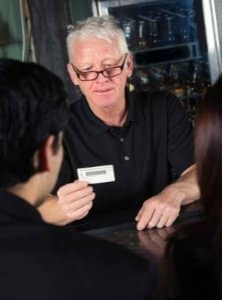
- As a condition of entry.
- After 9:00 p.m., as a condition of entry, everyone gets carded when the format changes from food service to entertainment. When changing to night entertainment.
- At your first contact with guests (at a table or bar).
- To gain control of disruptive customers and remove them from the premises.
- To re-card customers who appear underage and nervous.
- To obtain the names and addresses of disinterested witnesses. The names and addresses may help protect you at a later date.
- When a customer is injured.
- To identify and document to whom you are turning over customer care.
Elements of an ID
You should always feel, examine, ask questions, and return or refuse an ID. It should not be something that happens in a matter of seconds. Instead, take your time to review the seven key elements of identification.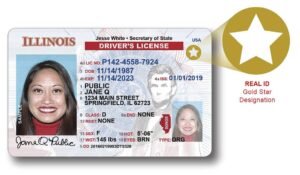
- Is this a valid ID?
- Has this ID expired?
- Does this ID include any underage indicators?
- Does the date of birth make this person over the age of 21?
- Does the height match the person?
- Do this person’s facial features appear to be a good match to the person in front of me?
- Do any conditions or restrictions imply that this person can not be sold alcohol?
Follow-Up Questions
If a false ID is presented, it’s important to ask follow-up questions to verify the ID. Common questions include: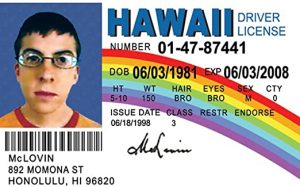
- What is your zip?
- What is your middle initial?
- What county do you live in?
- What year did you graduate from high school?
- Are you a donor on your ID?
- What is the capital of the state you live in?
Training
One of the best ways to ensure your employees are ready and able to card your customers is to undergo training. This can be done in-house, with the assistance of your local police department or ABC enforcement branch, or with the help of an outside source such as Serving Alcohol.
Team Meetings
It’s also important to discuss identifications frequently during team meetings. At this time, you can discuss false or fake IDs circulating the area, new IDs, how they are different, and security features that are not easily faked. We have a great association with PatronScan and can provide excellent scanning equipment.
For more information on carding, such as tools for checking identifications and real-life examples of what your state and neighboring state IDs look like, please check out Serving Alcohol’s Alcohol Training courses.

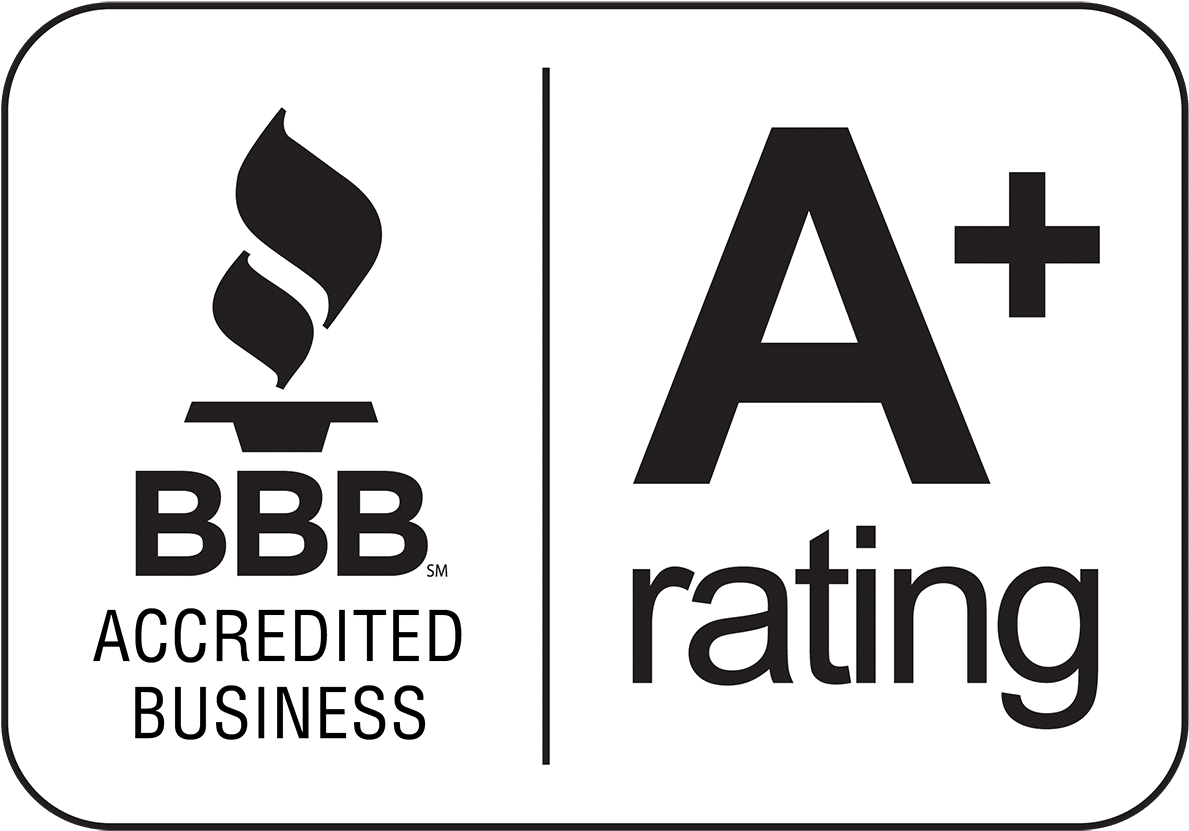
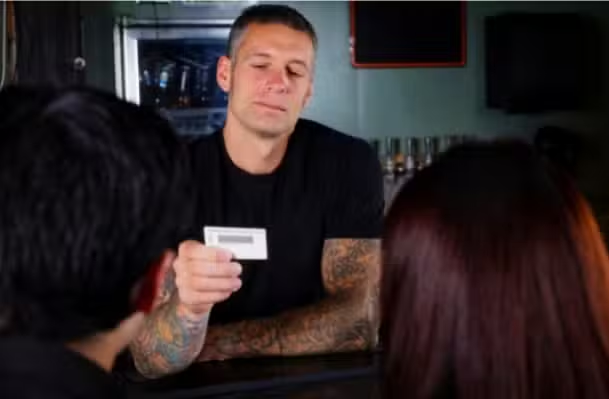
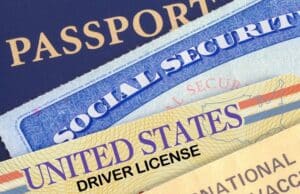

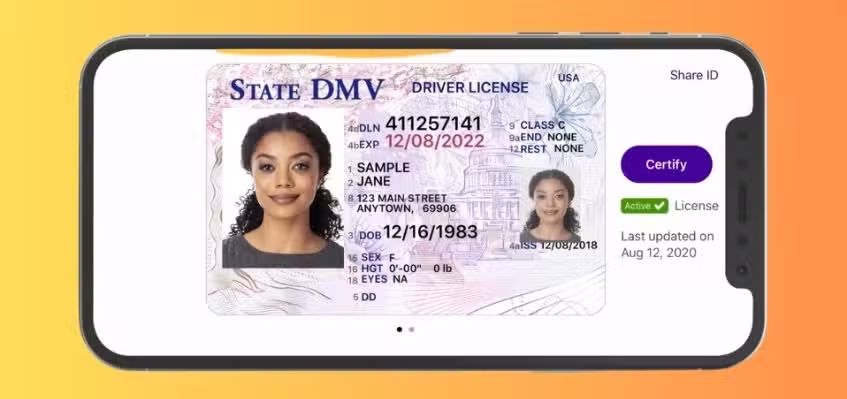
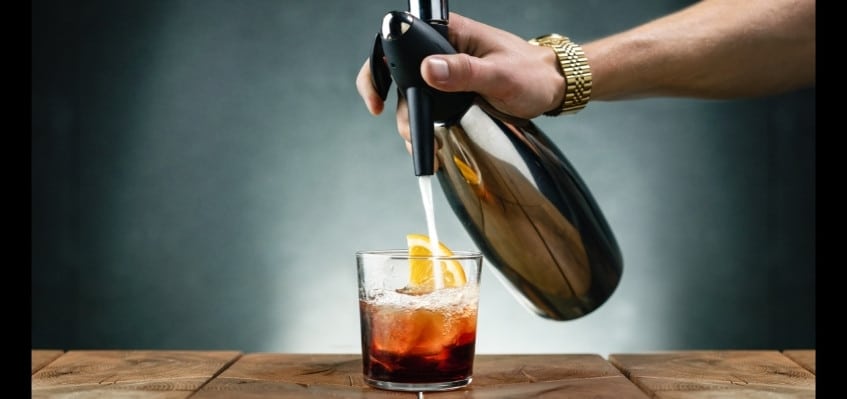



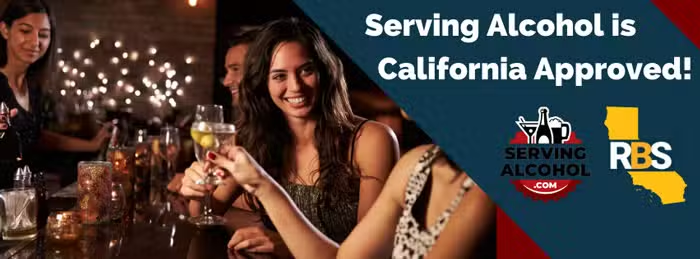


Buy Proxy List Socks5
Great post, very informative. I wonder why the other specialists of this sector do not notice this.